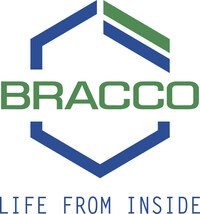Johnson & Johnson’s TAR-200 represents a potential paradigm shift in the treatment of high-risk non-muscle invasive bladder cancer (HR-NMIBC), particularly for patients unresponsive to Bacillus Calmette-Guérin (BCG) therapy—an area where options have remained limited for decades. With the FDA granting Priority Review to its New Drug Application, TAR-200 is now positioned as a novel, intravesical gemcitabine-releasing system that delivers sustained, localized treatment directly to the bladder. This innovative approach could fill a critical treatment gap for patients with carcinoma in situ (CIS), offering a promising alternative to more invasive procedures or cystectomy.
Unlike traditional bladder cancer therapies that often involve systemic delivery or surgical intervention, TAR-200 is designed for placement in a simple, outpatient procedure that takes under five minutes—requiring no anesthesia or prolonged monitoring. Once inserted, it remains in the bladder for three weeks per cycle, continuously releasing gemcitabine to target cancer cells with high precision. Results from the Phase 2b SunRISe-1 study revealed a complete response (CR) rate of 82.4%, with over half of the patients maintaining that response for a year or more, indicating not only robust efficacy but also favorable safety, as most adverse reactions were mild to moderate and no systemic toxicities were observed.
With limited progress in bladder cancer therapy over the last 40 years, TAR-200’s development signals a major advancement in drug delivery science and personalized urologic oncology. Its ease of administration, reduced burden on patients, and high potential for durable disease control position it as a game-changing option in the bladder cancer care continuum. As TAR-200 moves closer to potential approval, it is expected to redefine the therapeutic standard for HR-NMIBC and broaden access to effective, minimally invasive treatments across diverse care settings.



















